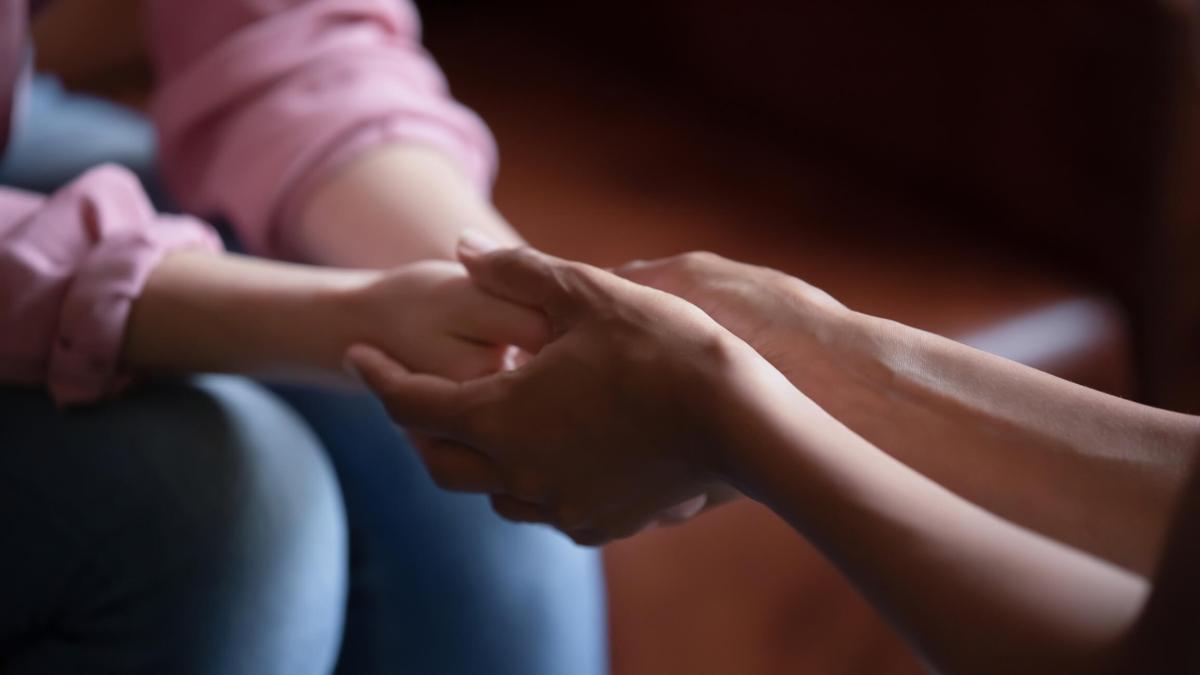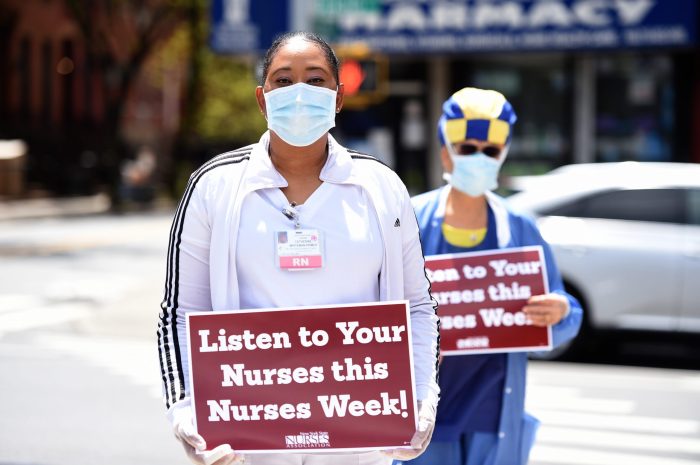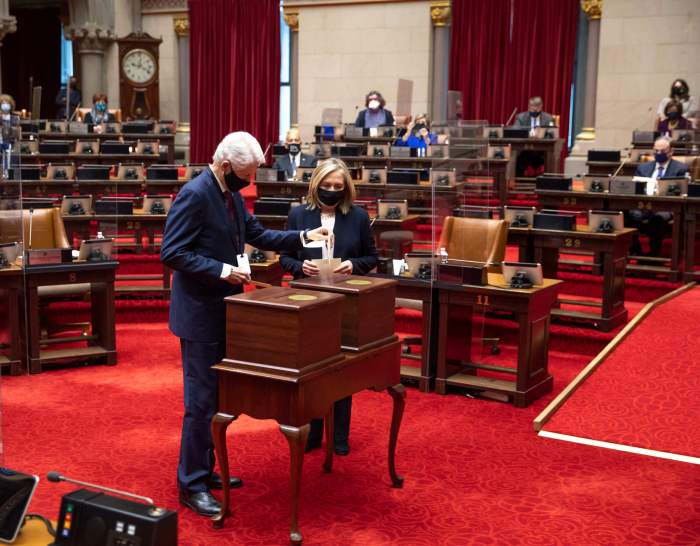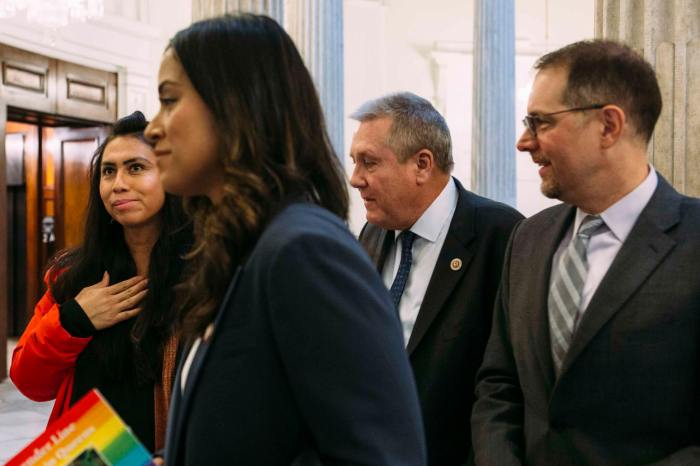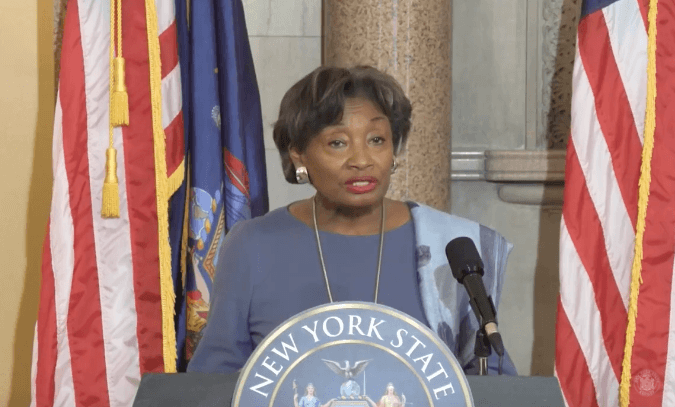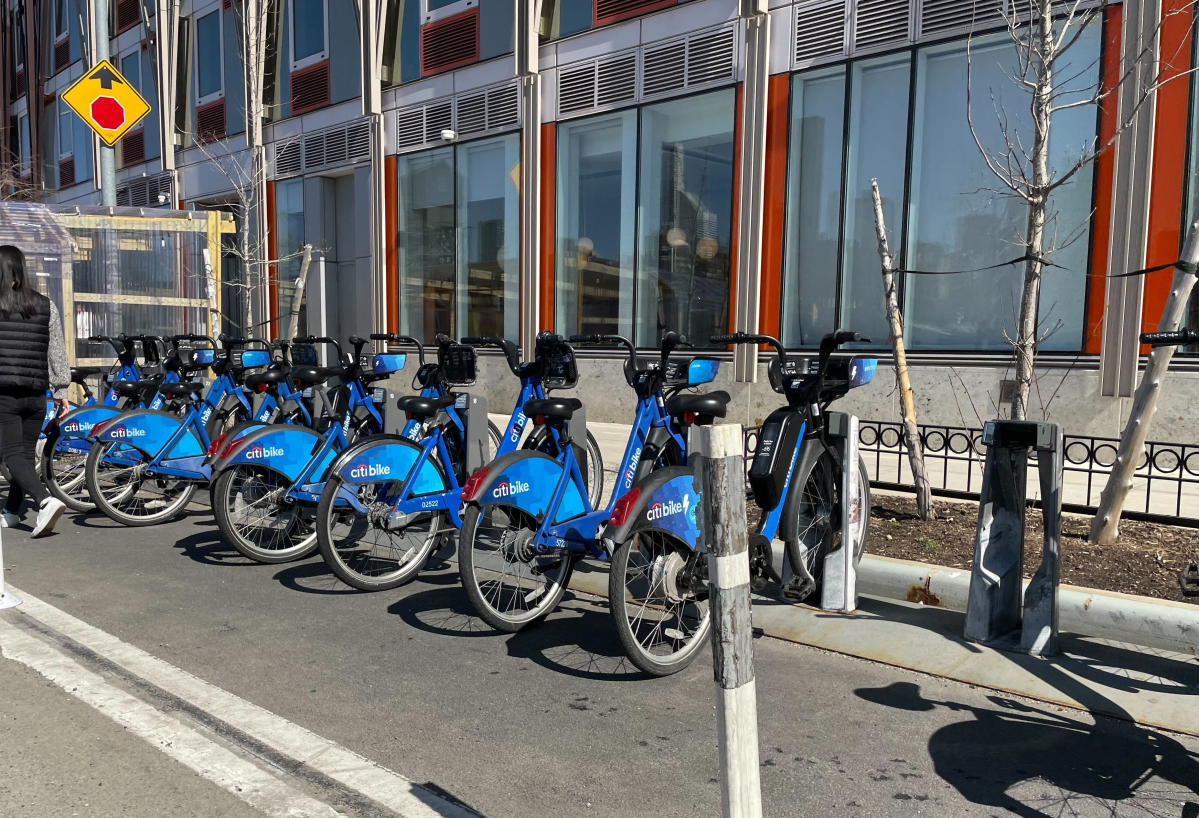I was in an exam room with a patient recently, trying to figure out how to help him recover from a mental health crisis that led to him being under arrest. The man– an immigrant who had been in the US for a few years– had what appeared to have been a manic episode that may have been associated with substance use. At the emergency room he was fearful and panicked, so he tried to leave and on running out he accidentally hit a police officer which led to him being charged with assault. He was kept in the hospital while awaiting arraignment and was so distraught over the possibility of incarceration that he attempted suicide.
By the time I met with him, the wheels of our criminal court system were already in motion and there was little I could do to stop them. While we attempted to give him the best possible psychiatric care, his main focus was on his legal charges and I was worried that instead of a focus on diagnosis and treatment he would be convicted and incarcerated.
This is all too common in New York and across the country. In one way my patient was lucky: he survived his encounter with police.
Almost daily we hear of the tragic and deadly results when law enforcement are the first responders for people in a mental health crisis. In fact, New Yorkers have sued the City in a class action lawsuit saying, according to news reports, that “New York City has discriminatorily and unconstitutionally continued to use armed police officers as first responders to mental health crises.”
As a mental healthcare provider who sees patients in crisis every day, it is infuriating to see how poor our current crisis response is and how we are missing critical opportunities to build healthier safer communities for us all. This is especially true as we try to recover from a pandemic that has caused untold trauma for New Yorkers, disproportionately impacting historically marginalized communities of color that have suffered the biggest losses and where health services are chronically underfunded.
As our communities grapple with recurring incidents of gun violence, including recent horrific mass shootings in Buffalo, NY, California and Texas, we see some politicians and pundits placing blame on mental illness but the fact is that people in a mental health crisis are more likely to be the victims of violence than the perpetrators. Tragically, due to cost barriers and lack of guaranteed universal healthcare, the vast majority of people suffering violent trauma and related PTSD, anxiety and depression will not be able to receive the mental healthcare needed to heal, creating a ripple effect of further instability.
Additional police funding and militarization on top of their already swollen budgets will not create the safe communities we seek.
New Yorkers experiencing homelessness, many of whom suffer from mental illness, are a prime target for the NYPD. Mayor Adams’ administration has increased police harassment and displacement of people living on the streets and in the subway system.
We can do better by our fellow New Yorkers and right now lawmakers have the opportunity to pass legislation that will make a big difference.
We need to send people with mental health problems to treatment, not to carceral settings. Now is the time for the state legislature to pass the Treatment Not Jails Act so that New Yorkers with substance use, mental health disorders, and other disabilities can get the treatment and support they need to stay in their communities instead of being routed into the criminal legal system.
We also need to provide more housing, especially supportive permanent housing programs, to help New Yorkers experiencing homelessness get off the streets and have a better chance of getting the treatment that they need. Good Cause Eviction and increasing housing vouchers will also help vulnerable New Yorkers stay in their homes.
For far too many New Yorkers the mental healthcare that would prevent them from having a crisis is too expensive and too difficult to access. Lack of insurance, incomplete coverage, denial of claims, convoluted prior authorization requirements and restrictive insurance networks all contribute to devastating disruptions to continuity of care.
We need the New York Health Act because it will transform our health system from a profit-driven model where insurance companies make money by denying care, into a patient-first model where everyone can get the care they need.
There are only a few days left in this legislative session– it’s time for lawmakers in Albany to take action. These bills are vital if we want to create a city and state that incentivizes care and concern for our community.
Michael Zingman, M.D. M.P.H is a psychiatry resident at NYC Health + Hospitals – Bellevue, a national officer of Committee of Interns & Residents (CIR)-SEIU, and a board member of the Physicians for a National Health Program (PNHP)-NY Metro chapter.



